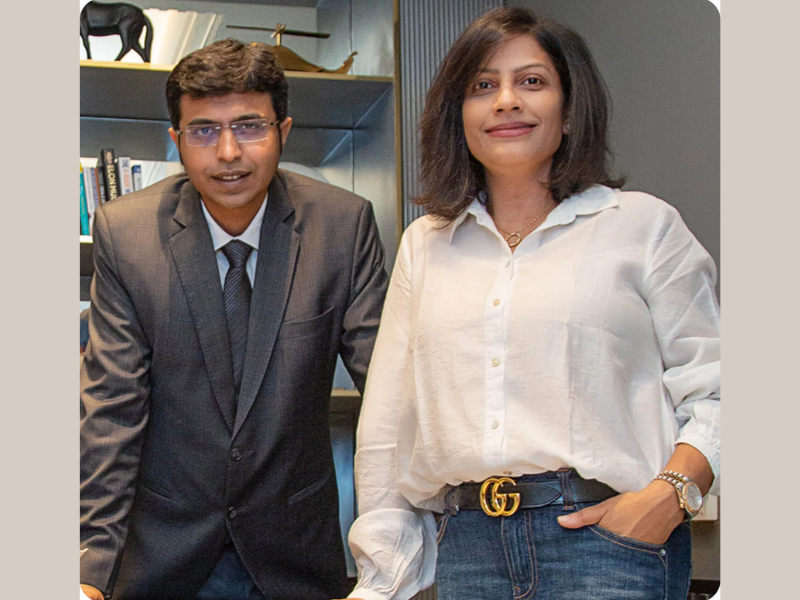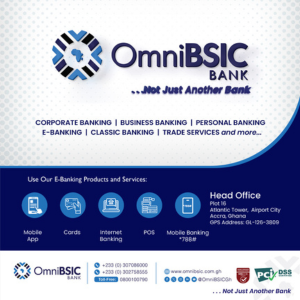Introduction:
There have been significant shifts in the number of industries since the COVID-19 pandemic swept the planet. The COVID-19 has had a negative impact on the healthcare sector in many ways, from altering lifestyles to working from home instead of being physically present at the office to driving the healthcare trends sector to the verge of collapse. However, it has also been a blessing in disguise for the very same healthcare sector when it comes to advancements and improvements. In order to handle any future unanticipated crises, healthcare companies have no choice but to advance their healthcare solutions today.
This article will address the new and improved healthcare trends and developments, upgrading the quality while keeping it affordable for the masses, pushing ahead with healthcare trends and services, and forecasting and avoiding illnesses before they occur.
UPGRADING THE HEALTHCARE INDUSTRY
Although COVID-19 had a significant impact on the healthcare sector, the industry accepted new technology developments in order to keep up with the times. Since the pandemic, the IT sector has paved the way for thorough, precise, and quicker examinations, elevating healthcare trends to a new degree of comfort.
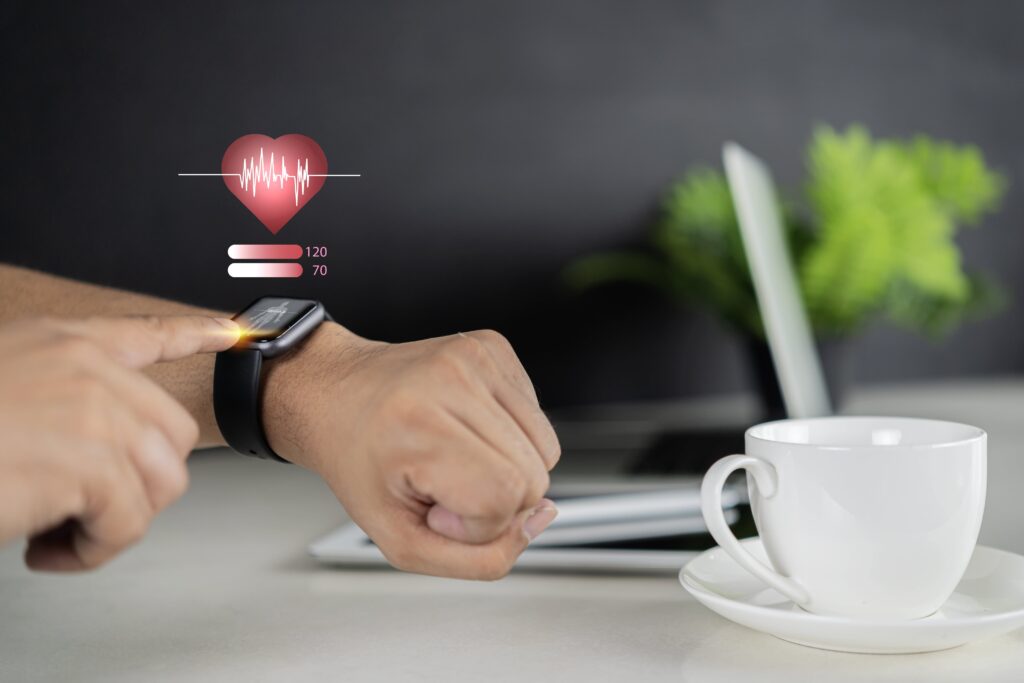
The pandemic undoubtedly caused significant disruptions throughout many industries, particularly in the areas of distribution, assembly, and medical services. After COVID-19, the environment will continue to demand COVID tests and antibodies, making it harder for supply chains and healthcare organisations to move supplies. Fortunately, healthcare trends have started to invest in new technology that can assist or ease the strain of keeping COVID’s impact on society as low as possible in the future.
Even though the medical services sector will continue to see many changes, these are the most notable and important ones.
1. TELEHEALTH
Online examinations or, more specifically, online medical treatment from your doctor, were not feasible a decade ago. However, since technology has advanced and 4G internet has become widely accessible, doctors are able to conduct basic diagnostics and treatments online itself. This is another positive outcome of the COVID-19 pandemic.Both the doctor and the patient can save time and money by using telemedicines. Travel expenses and electrical bill savings from on-call care eventually result in lower patient costs.
- WEARABLE HEALTHCARE GADGETS
The Internet of Things (IoT) has enhanced the healthcare industry with the development of wearable implant devices that monitor a patient’s real-time body details on mobile applications for vital healthcare needs. The Internet of Things is being widely used for patient health monitoring. With technological advancements, many IoT devices are becoming more affordable and accessible to the general public, which increases the substantial advantages of health observations. The health of humans has benefited by wearable Internet of Things technology. Wearable technology has made it easier for people to monitor and manage their health and stay in shape by tracking information about their daily to several months of activities.
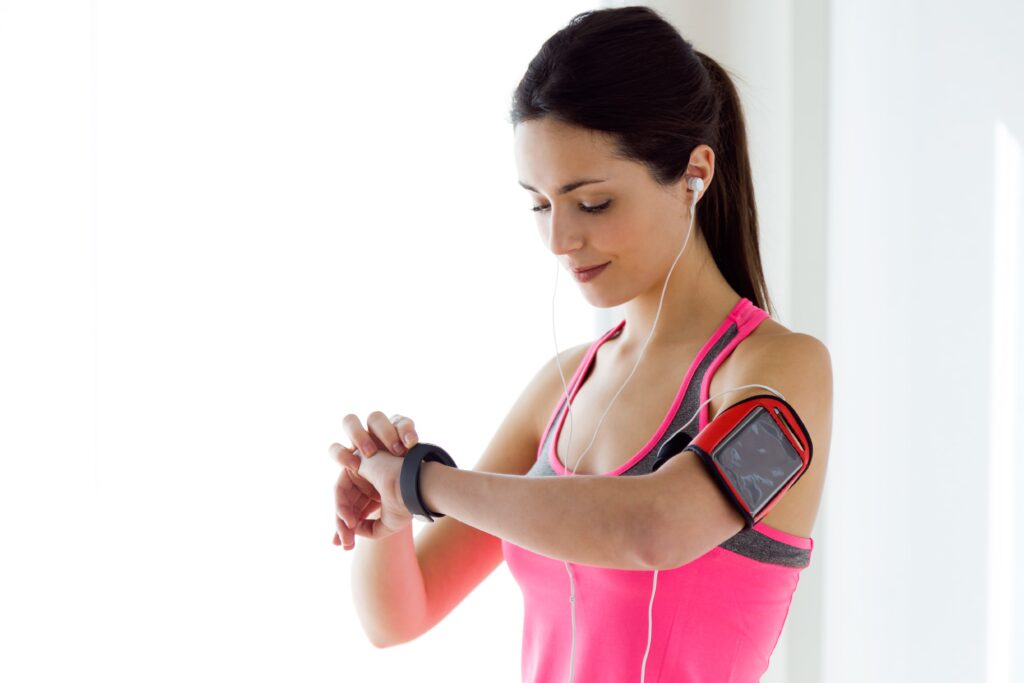
The introduction of smartwatches by a number of smartphone manufacturers has also contributed to the healthcare trends. Users now find it simpler to monitor their daily health records and precisely analyse their bodily functions in real-time thanks to the integrated connections of smartphones, mobile apps, and wearables.
3. ARTIFICIAL INTELLIGENCE
Artificial intelligence has improved the versions of conventional medical tools that are used in tandem with IoT in the healthcare industry. The combination of connection with medical equipment, such as Bluetooth-enabled artificial cardiac pacemakers, enables doctors to track accurate patient data records in real-time. Patented monitoring algorithms have been able to assess the data of the patients and give prompt feedback to doctors so that patients can manage health emergencies in advance thanks to artificial intelligence and real-time data.
- BLOCKCHAIN
Blockchain technology has improved security with the change in the IT industry by enabling decentralised data storage. The sophisticated blockchain is not just for cryptocurrencies; it may also be used to track emerging medical trends.
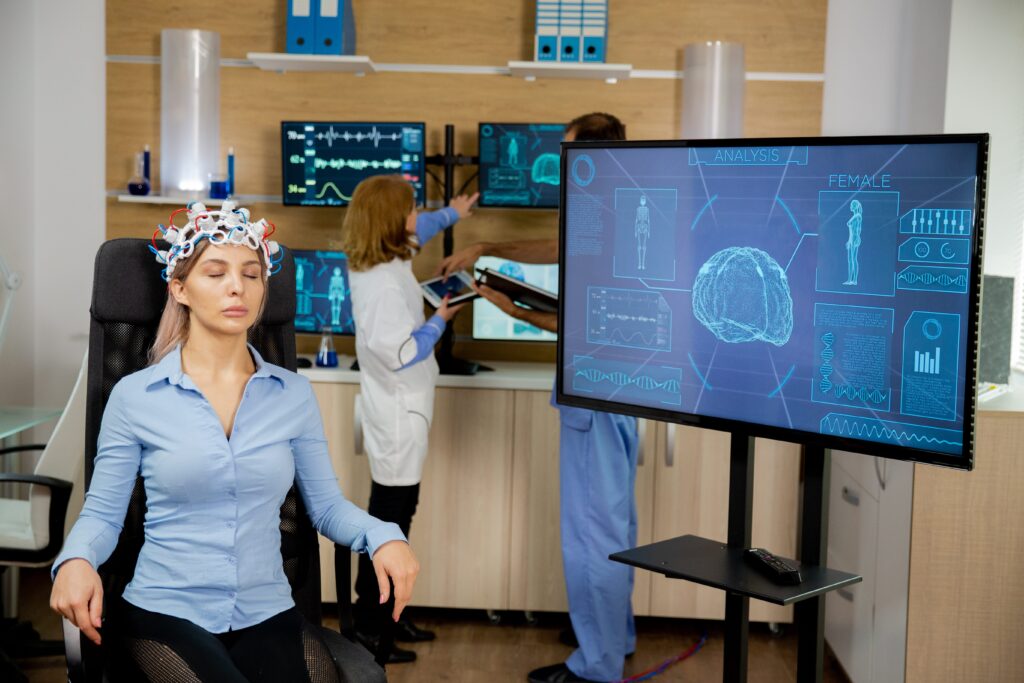
The blockchain has improved the public ledger’s simplicity of use for transactions, the secure upkeep of patients’ digital health information, the safety of online consultations, and many other aspects of the healthcare industry. The purpose of adopting blockchain is straightforward: to securely and effectively monitor patient supply chain operations across affiliated healthcare companies.
5. BIG DATA
The utilisation of Big data will advance healthcare trends to a new level. Big data has revolutionised how we examine the data all around us. With so many medical records and patient data available, big data can be utilised to enhance patient care, lower the cost of diagnosing patients, and ultimately improve their health. Advanced data mining and analysis methods for big data could aid in treating rare diseases with currently available medicines and treatments. The analysis of the patient’s data and the current data utilising big data would assist the patients in living healthier lives.
6. CLOUD TECHNOLOGY
Medical records for patients can be arranged simply and easily, and cloud-based data is readily available. Instead of resorting to paperworks, doctors can quickly access the patient’s medical history and provide treatment plans. Doctors can now store and access each patient’s medical records with ease using cloud technology, all at a single, central location that is accessible from anywhere in the world. Additionally, encryptions are being used to further safeguard the cloud-stored data, making medical records more secure to protect the privacy and confidentiality of both patients and hospitals.
Blog by Amith Raj S
Interested to gain more information on healthcare trends? Then please visit:
XRP Healthcare Expands its Healthcare Services to the African Continent
Top global health and fitness trends for 2023
Amazfit Announces Partnership with Men’s Marathon Record Holder Athlete Kelvin Kiptum


